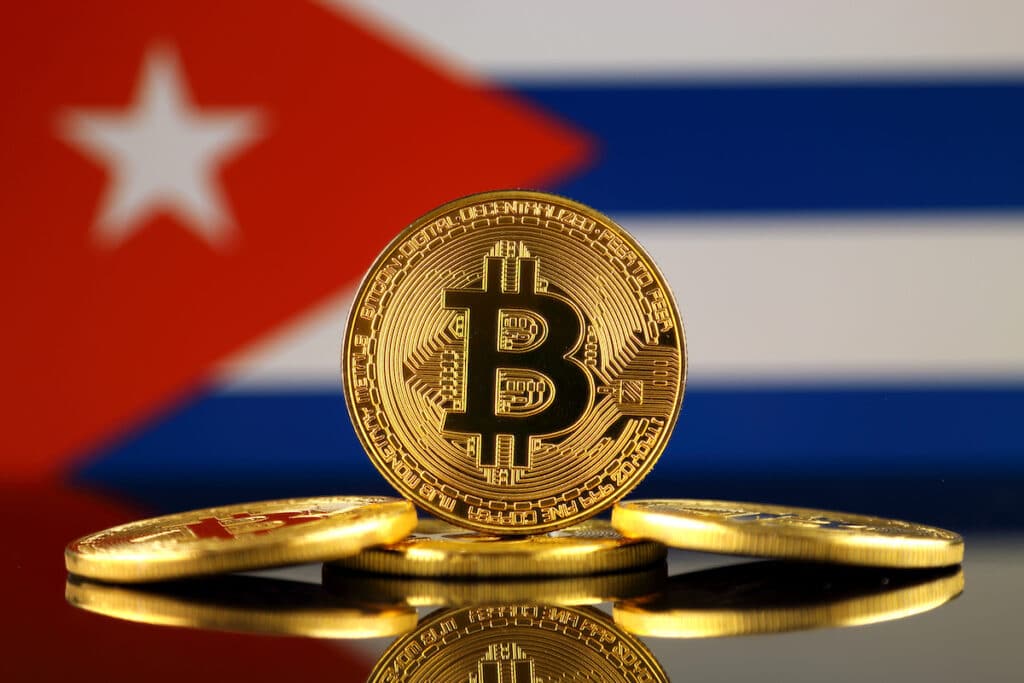Cryptocurrencies have been adopted more deeply in those places where access to international money is complicated for one reason or another. In that sense, according to a report, more than 100,000 Cubans are using Bitcoin and other cryptocurrencies. Why? Allegedly, to escape the conditions created by international sanctions.
We also know that the adoption of cryptocurrencies was largely driven by mobile Internet access that was not always available to Cubans. The need for a sovereign monetary technology arises from the sanctions imposed on Cuba that prevent the use of international money standards.
What leads Cubans to adopt Bitcoin and cryptocurrencies in general?
NBC interviewed one particular cafe owner named Nelson Rodriguez because of his acceptance of Bitcoin and other cryptocurrencies. Explaining what made Rodriguez decide to accept a new form of payment, he said: “I like cryptocurrencies because I believe in philosophy.”
The philosophy that Rodriguez is perhaps referring to is the idea that money should be sovereign, which means that it should belong to those who have earned it. It also means that money should not be intentionally devalued over time. These particular ideals have clashed both with Cuba’s local government and with the international sanctions often imposed by countries such as the United States on Cuba.
Cubans cannot use PayPal, Revolut, Zelle and many other internationally accepted forms of credit or debit due to sanctions prohibiting the services. Many institutions such as JP Morgan and Deutsche Bank would have faced multimillion-dollar fines for providing services to Cubans. Faced with this, Bitcoin appears as a solution that could overcome these obstacles.
Other studies and testimonies suggest that for Cuba cryptocurrencies are a viable alternative
Alex Gladstein, CSO of the Human Rights Foundation, wrote an article about many of the challenges Cubans have faced. In that article, Gladstein interviewed a son of Cuban exiles and the executive director of the Cuba Study Group, Ricardo Herrero. There he sought to discuss the economic impact of the sanctions on the Cuban people.
Herrero referred to the embargo imposed on Cuba as “the most rigid and expansive sanctions regime against any society on the planet.” Therefore, it could be said that Cubans are now taking monetary ownership into their own hands, and are looking for viable alternatives such as Bitcoin or cryptocurrencies.
Relate















